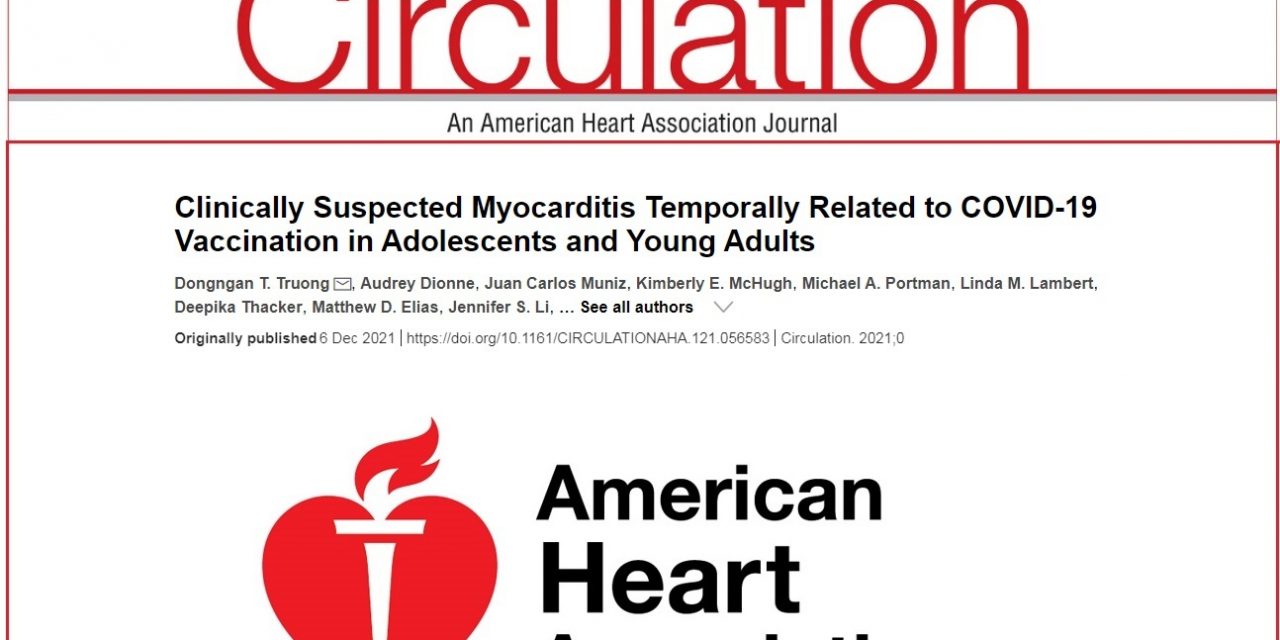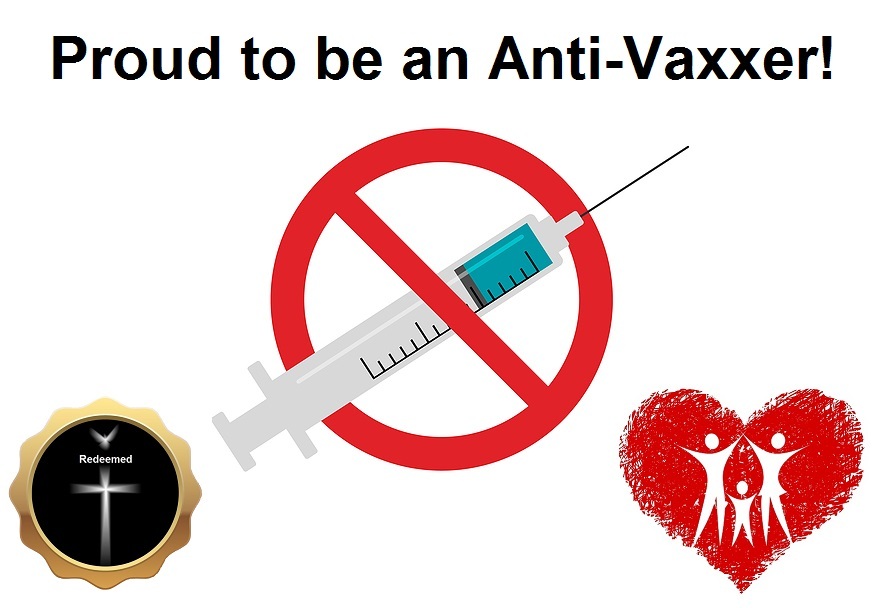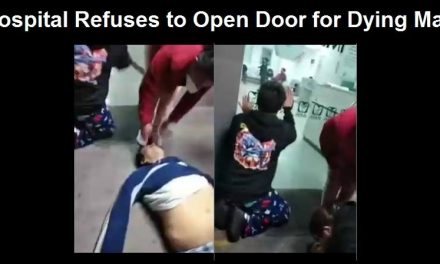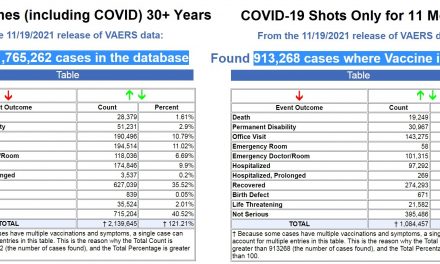by Brian Shilhavy
Editor, Health Impact News
The American Heart Association’s journal Circulation has published another abstract of a study with very alarming data on the effects of the COVID-19 experimental shots on heart disease in young people.
This follows their study published a few weeks ago by cardiologist Steven R Gundry. See:
American Heart Association Journal Publishes Data that UK Medical Doctor Claims are “Proof” that COVID-19 Vaccines are “Murder”
The new study just published is titled:
Clinically Suspected Myocarditis Temporally Related to COVID-19 Vaccination in Adolescents and Young Adults
It looked at cases of reported myocarditis in young people with an average age of 15.8 years old, and found that cases of myocarditis occurred in 136 patients (97.8%) following mRNA vaccine, with 131 (94.2%) following the Pfizer-BioNTech vaccine; 128 (91.4%) occurred after the 2nd dose. Symptoms started a median of 2 days (range 0-22, IQR 1-3) after vaccination.
Here is the full Abstract:
Abstract
Background: Understanding the clinical course and short-term outcomes of suspected myocarditis following COVID-19 vaccination has important public health implications in the decision to vaccinate youth.
Methods: We retrospectively collected data on patients <21 years-old presenting before 7/4/2021 with suspected myocarditis within 30 days of COVID-19 vaccination. Lake Louise criteria were used for cardiac magnetic resonance imaging (cMRI) findings. Myocarditis cases were classified as confirmed or probable based on the Centers for Disease Control and Prevention definitions.
Results: We report on 139 adolescents and young adults with 140 episodes of suspected myocarditis (49 confirmed, 91 probable) at 26 centers. Most patients were male (N=126, 90.6%) and White (N=92, 66.2%); 29 (20.9%) were Hispanic; and median age was 15.8 years (range 12.1-20.3, IQR 14.5-17.0). Suspected myocarditis occurred in 136 patients (97.8%) following mRNA vaccine, with 131 (94.2%) following the Pfizer-BioNTech vaccine; 128 (91.4%) occurred after the 2nd dose. Symptoms started a median of 2 days (range 0-22, IQR 1-3) after vaccination. The most common symptom was chest pain (99.3%). Patients were treated with nonsteroidal anti-inflammatory drugs (81.3%), intravenous immunoglobulin (21.6%), glucocorticoids (21.6%), colchicine (7.9%) or no anti-inflammatory therapies (8.6%). Twenty-six patients (18.7%) were in the ICU, two were treated with inotropic/vasoactive support, and none required ECMO or died. Median hospital stay was 2 days (range 0-10, IQR 2-3). All patients had elevated troponin I (N=111, 8.12 ng/mL, IQR 3.50-15.90) or T (N=28, 0.61 ng/mL, IQR 0.25-1.30); 69.8% had abnormal electrocardiograms and/or arrythmias (7 with non-sustained ventricular tachycardia); and 18.7% had left ventricular ejection fraction (LVEF) <55% on echocardiogram. Of 97 patients who underwent cMRI at median 5 days (range 0-88, IQR 3-17) from symptom onset, 75 (77.3%) had abnormal findings: 74 (76.3%) had late gadolinium enhancement, 54 (55.7%) had myocardial edema, and 49 (50.5%) met Lake Louise criteria. Among 26 patients with LVEF <55% on echocardiogram, all with follow-up had normalized function (N=25).
Conclusions: Most cases of suspected COVID-19 vaccine myocarditis occurring in persons <21 years have a mild clinical course with rapid resolution of symptoms. Abnormal findings on cMRI were frequent. Future studies should evaluate risk factors, mechanisms, and long-term outcomes. (Source.)
Related:
British Cardiologist Confirms AHA Study that COVID-19 Shots Causing Heart Attacks
666 Cases of Heart Disease in 12 to 17-Year-Olds After COVID Shots – Less than 2 Cases Per Year Following All Vaccines for Past 30+ Years
Comment on this article at HealthImpactNews.com.
See Also:
Why I am Proud to Wear the “Anti-Vaxx” Label – History and Science Show Vaccines Have NEVER Been Safe nor Effective









